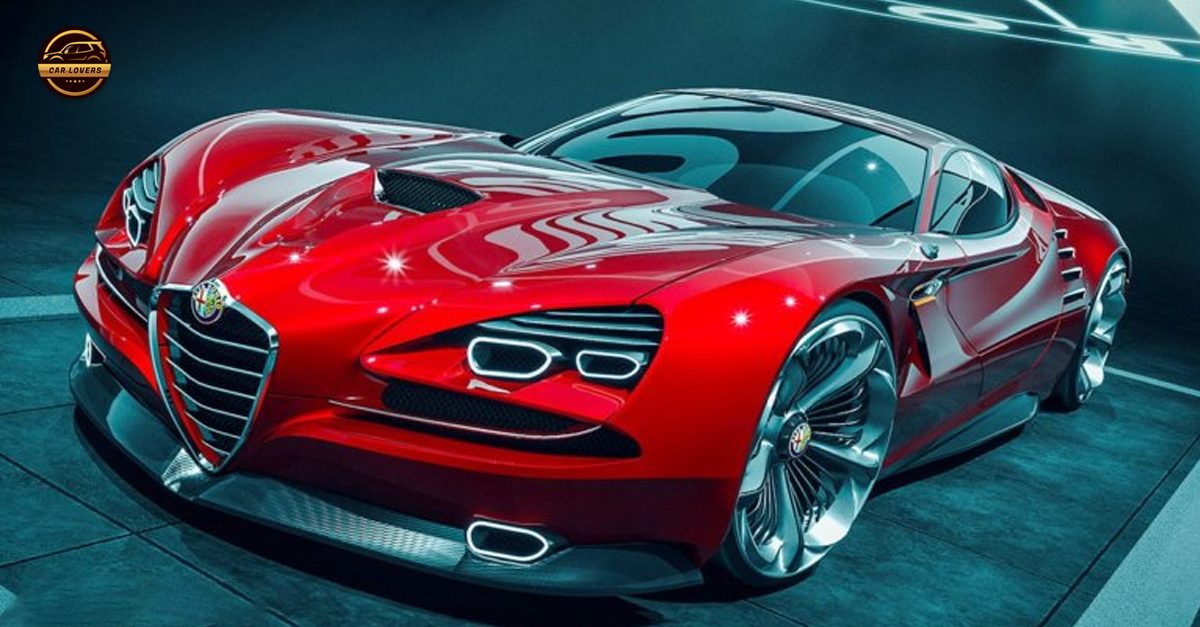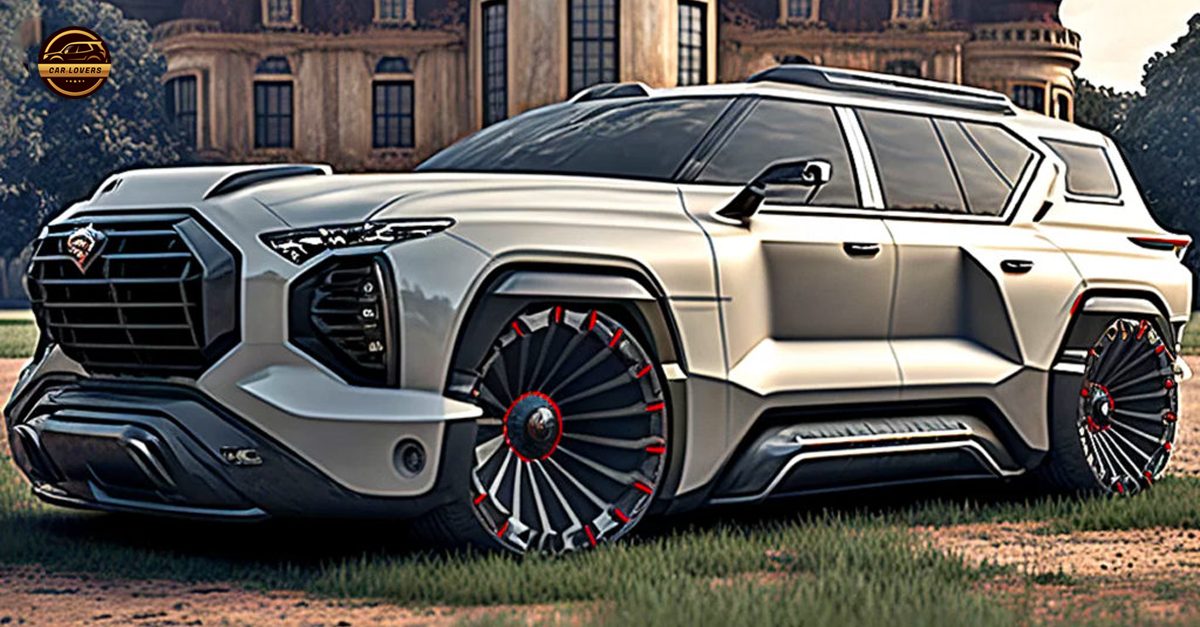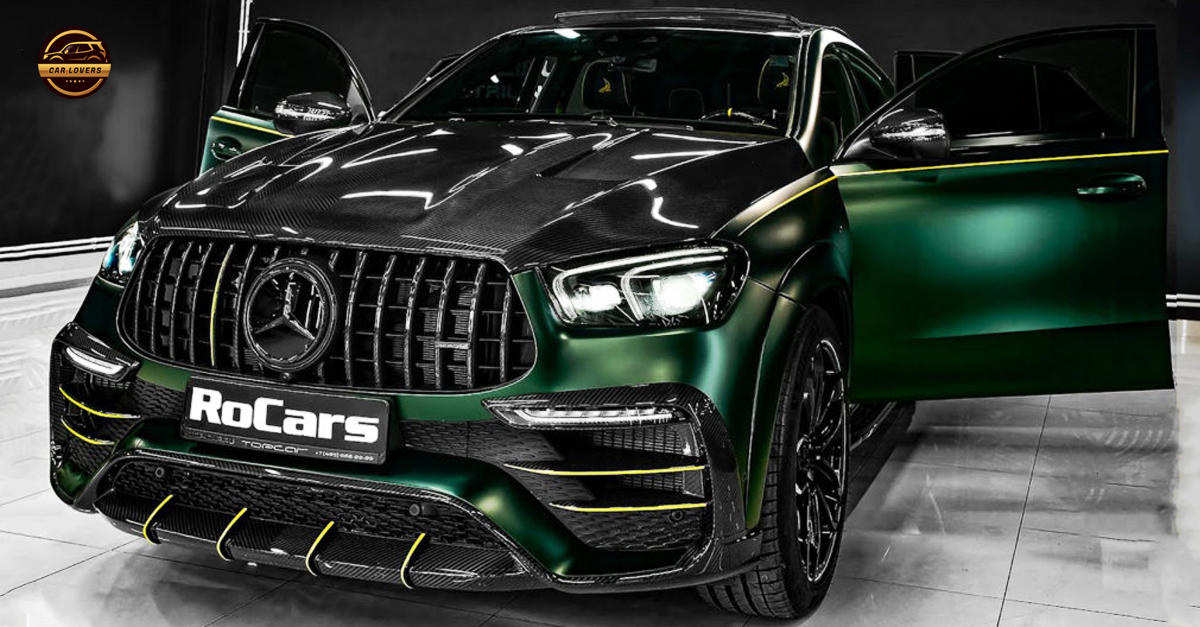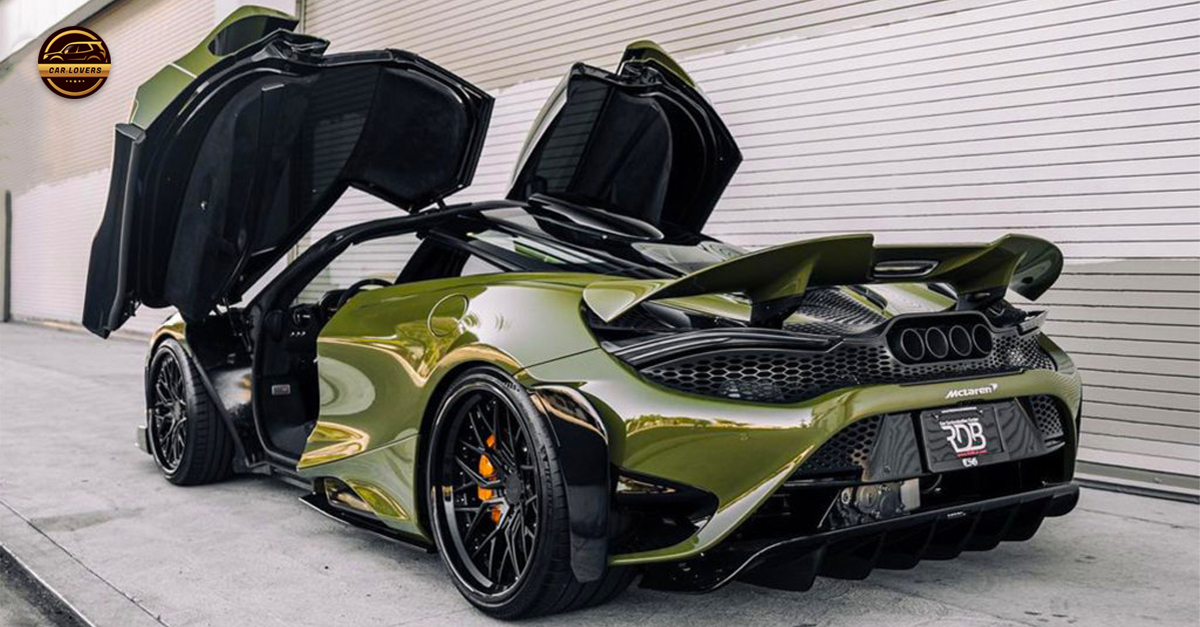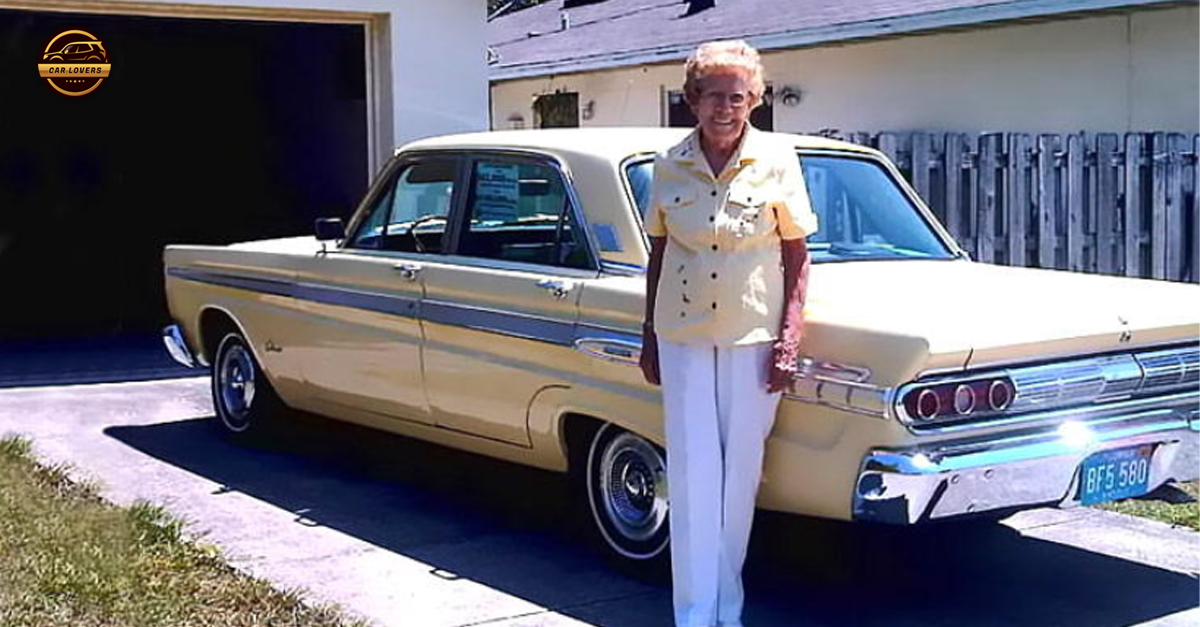John Moss builds using a 16th-century Japanese aesthetic.
What are you looking at? If you are thinking this is a ’51 Ford Custom dragged from a barn, you are wrong. If you are now thinking this is a fake patina car that looks like a ’51 Ford Custom … also wrong. This car is the creation of John Moss, an industrial artist from Huntington Beach, California. He is deep into surf-town culture and outlaw choppers, best known locally for creating high-end spaces and architectural structures with raw and rustic finishes though Brass Junkie, his business located on the industrial side of town. He is also known to show up at the legendary Donut Derelicts in a thrown-together jalopy that steals the show.

Great art is created by a convergence of circumstances that motivate the artist. A stock car with good lines combined with years of suffering over images creates something with more feeling than schlock thrown together to sell or impress the rabble. The best description of why this car exists is a movement called wabi-sabi, an ancient Japanese philosophy that explains why John Moss, and an entire generation of car guys, love old cars.
What Is Wabi-Sabi?

Travel back with us to Japan in the 16th century, when philosophers discovered an aesthetic that represents the temporary nature of existence and gave it a name. Wabi-sabi is about decay, but not in the rotting vegetable sense; rather it’s the way that an old car’s seat feels, or the way good furniture’s hardwood looks against the leather it’s wrapped in. It also implies a direct connection to quality. If you are seeing something in your mind’s eye, you got it.
1951 Ford Custom Deluxe Found In The Desert
All this struck Moss without his knowing. “I find beauty in the imperfection,” says Moss. “I have a minimalist appreciation for what you already have; rust, deterioration, and objects in nature. I only recently discovered the wabi-sabi concept.” Another quirk of character is his inexorable draw toward lowbrow custom vehicles. All of this came together when he found this 1951 Ford Custom Deluxe in the desert while looking for something else. Sand and grease had preserved it since Grandma parked it in 1970. He dragged it to his shop and took it apart.

The flathead was seized, so Moss swapped it for something more practical. He rooted around for a ’65 Mustang rearend to replace the original, lowered it with Jamco and Shoebox Central parts, and left the rest of the mechanical bits as they were.
Inside, he sewed up some black upholstery with a diamond pattern, hooked up some rudimentary gauges, and added his signature brass accouterments. The Ford has A/C, and the windows roll up, and there is a newish shifter so it drives. Otherwise, the interior represents a “basic cruiser with a lot of character.”
Chopped Four Inches With Watson Flames
The real story is the body. If you look long enough, you will notice that the roof is chopped. Moss has a friend from Maryland that helped with “four in the back and three in the front,” while adding a nice slant to the windshield. The floors were gone, so he used 16-gauge steel for repairs and bent a new transmission tunnel over his knee. Note that the rear flip-out side windows still work, and everything looks like it should. They even chopped the stainless trim and frames.

Finally, Moss cleaned up the major dents and laid down a base black with Watson-inspired “seaweed” flames. He has another name, cribbed from ’60s chopper culture, that we can’t say here. “The body wasn’t going to be straight and new paint with ripples is the worst look ever,” he says. “I grabbed a grinder and ground down the fender.” It was the beginning of the same process he uses to create authentic-looking metal and woodwork for a stylized appearance. You are not going to see this car at the Grand National Roadster Show.

You are going to see it on the street where it belongs. The ’51 Ford is art designed to challenge you, exercise a compulsion, and at the same time makes you think about lead sleds and bombs and how perfectly this look fits this car.
Moss added a ’53-ish Buick grille and ’50 tail lights, and pulled the chrome side trim. He stepped back, and it was complete.
“Like I said, what you see is what you get. It is functional.” And perfect.



